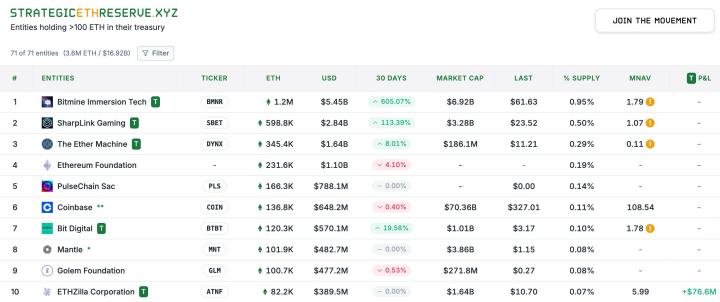Bitcoin is considered an ideal asset for the new millennium, but still exists with many systemic risks and challenges regarding large capital flows.
Bitcoin needs strong capital infusion and reasonable distribution of control rights to truly become a counterweight to the USD and gold. Any risks of concentration or non-transparent debt structure could negatively affect its position.
- Bitcoin cannot yet compete with USD and gold due to its small market capitalization compared to these two assets.
- Risks from debt structures in corporate Bitcoin treasuries could cause massive liquidation when the market weakens.
- Bitcoin self-custody is a key factor to minimize intervention risks from countries and protect assets.
Can Bitcoin Replace USD or Gold in the Future?
Bitcoin has potential to become an ideal cryptoasset in the long term, but currently is not large enough to compete with USD or gold in terms of market capitalization and liquidity.
The Bitcoin market currently has a market capitalization of around $2.42 trillion, compared to $23 trillion for gold and $21.9 trillion for USD money supply. This disparity shows Bitcoin needs significantly larger capital inflows to become a worthy competitor.
Experienced crypto analyst Willy Woo emphasizes: "Bitcoin must perform the role of a standard monetary asset in the next thousand years, but this can only happen if capital flows continuously and large enough to compete with USD."
What are the Potential Risks in Corporate Bitcoin Treasuries?
Corporate Bitcoin treasuries contribute to broader acceptance, but the accompanying debt structures are largely not transparently disclosed and could cause systemic risks.
Willy Woo warns that this lack of transparency could lead to bankruptcy in weak companies and cause massive Bitcoin liquidation in the market, especially during cryptocurrency market downturns.
Companies holding Bitcoin, but if debt structures are unstable, "weak businesses will go bankrupt and many people could lose money."
Willy Woo, Bitcoin analyst, 2024, Baltic Honeybadger Conference
This phenomenon not only affects businesses but could also trigger a chain reaction that reduces Bitcoin's value and impacts the entire ecosystem.
Is Centralized Bitcoin Custody a Major Security Risk?
Most large investors are choosing centralized exchanges or custody organizations instead of self-custody Bitcoin, making assets easily accessible to national forces, with potential risks of political intervention or "rug pull".
Willy Woo notes, "Capital flows exist, but large investors are not self-custodying their assets." This creates conditions for governments to access or block assets at will.
"Centralized custody creates opportunities for countries to potentially block or seize cryptoassets."
Willy Woo, Bitcoin analysis, Baltic Honeybadger Conference, 2024
This risk makes decentralized custody a critical factor to ensure decentralization, security, and that asset control truly belongs to investors.
Why is Bitcoin Self-Custody an Optimal Solution?
Self-custody is seen as the final step to enhance decentralization and protect cryptoassets from risks of centralized custody and political impacts.
Max Kei, CEO of self-custody platform Debifi, believes the transition to self-custody will occur gradually through custody organizations, businesses, and then individuals.
Meanwhile, Adam Back, Blockstream CEO, confirms that businesses are a reasonable starting point for self-custody. He emphasizes: "If a business cannot beat Bitcoin's expected returns, they should stop operations and invest in Bitcoin."
Promoting self-custody will help Bitcoin realize its full potential while minimizing risks related to corporate debt structures and centralized custody.
Frequently Asked Questions
Can Bitcoin Replace Gold or USD?
Bitcoin has potential to develop into a major cryptoasset but currently has a smaller market capitalization than gold and USD, needing larger capital flows to compete.
What are the Risks in Corporate Bitcoin Treasuries?
Non-transparent debt structures in treasuries could lead to bankruptcy and massive liquidation, negatively impacting crypto prices and markets.
How is Centralized Bitcoin Custody Dangerous?
Centralized custody makes Bitcoin easily susceptible to government or external force interventions, losing its decentralization and safety.
Why is Self-Custody Important for Bitcoin?
Self-custody helps investors directly control assets, minimizing attack or intervention risks, ensuring safety and decentralization.
How Will the Transition to Self-Custody Occur?
This process is expected to start from custody organizations, then businesses, finally expanding to individuals, creating a more distributed custody network.







